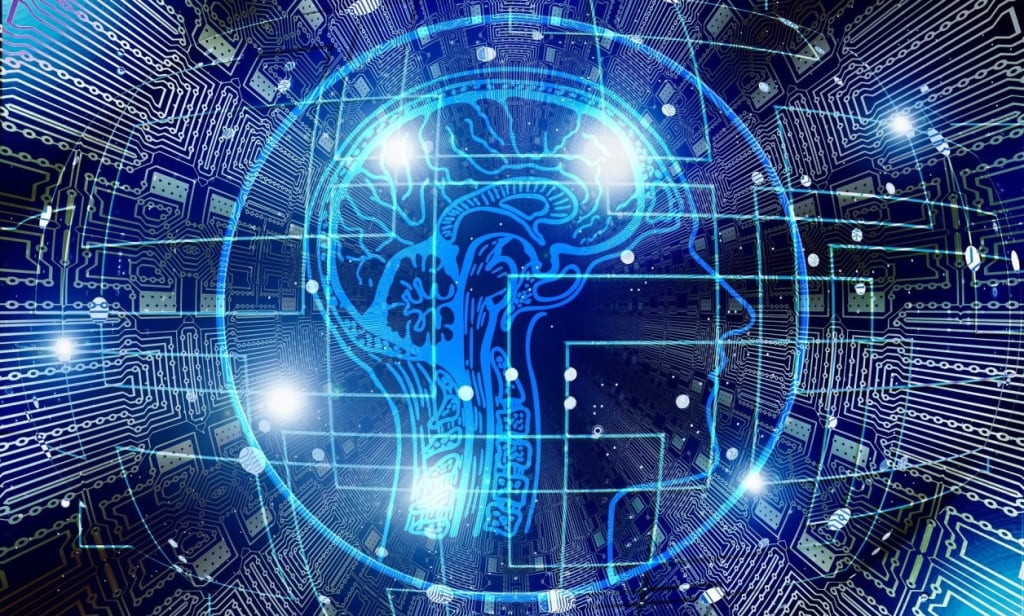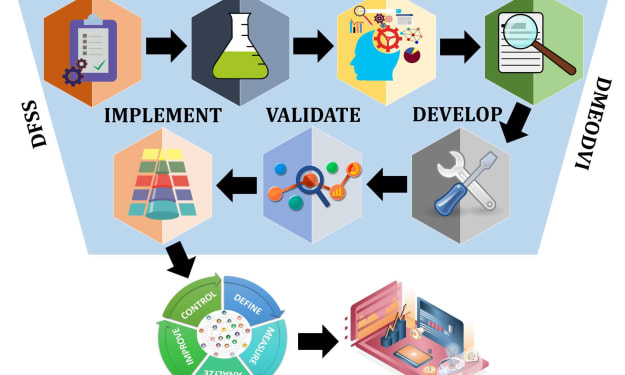Artificial Intelligence (AI) has rapidly become the future of the world.
Entertainment is another area where AI is making its presence felt. AI algorithms can analyze data on consumer preferences and behavior to create personalized recommendations for movies, music, and other forms of entertainment.

Artificial Intelligence (AI) has rapidly become the future of the world. It is transforming industries, creating new opportunities, and shaping our daily lives in ways we never thought possible. From healthcare to finance, transportation to entertainment, AI is making its presence felt everywhere, and its impact is only set to grow in the coming years. In this article, we will explore how AI has become the future of the world.
One of the most significant drivers of AI's rise to prominence is the explosion of data. In today's digital age, we generate an incredible amount of data every day. Every time we browse the web, shop online, or use social media, we leave behind a digital footprint that can be analyzed and used to generate insights. AI algorithms excel at sifting through vast amounts of data to uncover patterns, trends, and relationships that are invisible to the human eye. This has opened up new avenues for businesses to gain insights into customer behavior, market trends, and other critical information that can drive growth and success.
The rise of AI has also been driven by advances in computing power and storage. In the past, AI algorithms were limited by the processing power of computers, which meant that they could only handle small amounts of data. However, with the advent of cloud computing and other technologies, AI algorithms can now be run on massive datasets in real-time. This has enabled AI to be used in a wide range of applications, from predicting weather patterns to detecting fraud in financial transactions.
One of the most exciting applications of AI is in the field of healthcare. AI algorithms can analyze vast amounts of medical data to identify patterns and insights that can help doctors make more informed decisions about patient care. For example, AI can be used to identify patients who are at risk of developing a particular disease, or to predict how a patient will respond to a particular treatment. This has the potential to revolutionize healthcare, making it more personalized, efficient, and effective.
AI is also playing an increasingly important role in transportation. Self-driving cars are now a reality, and they are set to transform the way we travel. AI algorithms can analyze data from sensors and cameras to navigate roads, avoid obstacles, and make split-second decisions. This has the potential to make our roads safer, reduce traffic congestion, and increase mobility for people who are unable to drive themselves.
The finance industry is another area where AI is having a significant impact. AI algorithms can analyze vast amounts of financial data to identify patterns and trends that can help investors make more informed decisions. For example, AI can be used to predict stock prices or to identify investment opportunities. This has the potential to democratize finance, making it more accessible to everyday investors and reducing the influence of traditional financial institutions.AI can also efficiently analyse scan results through image recognition and predict healthcare. As AI can process multiple scans much faster than humans, doctors are already using this technology to diagnose symptoms more quickly.
Entertainment is another area where AI is making its presence felt. AI algorithms can analyze data on consumer preferences and behavior to create personalized recommendations for movies, music, and other forms of entertainment. This has the potential to transform the entertainment industry, making it more accessible and personalized for consumers.As artificial intelligence and machine learning continue to advance, new career opportunities have opened up. The global AI market was close to $ 59.67 billion in 2021, and it is anticipated to increase at a CAGR of 39.4% to reach close to $ 422.37 billion by 2028.





Comments
There are no comments for this story
Be the first to respond and start the conversation.